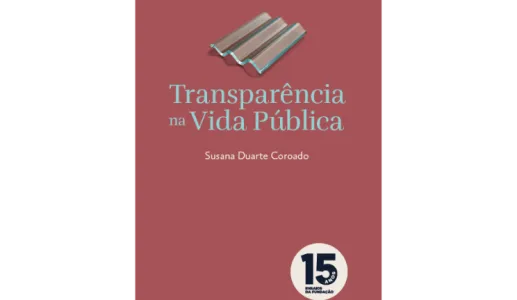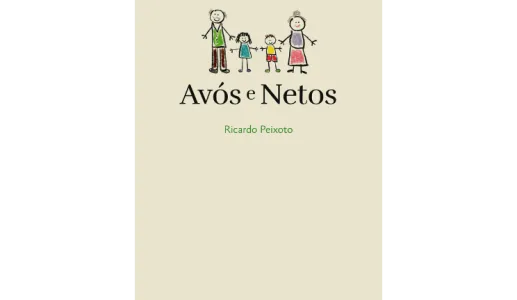

Elections in the European Union
No. 91 APRIL 2019
Did you know that there was very significant electoral growth and representation of Eurosceptic political forces in the 2014 European elections, populist in some cases and even xenophobic and anti-system? And that all the predictions point to the 2019 elections leading to an even more fragmented European Parliament? In this scenario, it will be more difficult to form majorities that will allow broad understandings from the outset for the election of the President of the European Commission and that will guarantee the prevalence of reasonable pluralism. Given the growing sphere of power of the European Union, this essay reflects on the viability of a balance between representativeness and governance in the European Parliament, seeking to clarify the nature of the European elections and the role they play, both within the framework of the European institutions and on the political map of Europe.
Did you know that there was very significant electoral growth and representation of Eurosceptic political forces in the 2014 European elections, populist in some cases and even xenophobic and anti-system? And that all the predictions point to the 2019 elections leading to an even more fragmented European Parliament? In this scenario, it will be more difficult to form majorities that will allow broad understandings from the outset for the election of the President of the European Commission and that will guarantee the prevalence of reasonable pluralism. Given the growing sphere of power of the European Union, this essay reflects on the viability of a balance between representativeness and governance in the European Parliament, seeking to clarify the nature of the European elections and the role they play, both within the framework of the European institutions and on the political map of Europe.
More details
Dimensions
7.5 × 130 × 200 mm
ISBN
978-989-8943-63-7
Book available only in Portuguese
Conheça também









